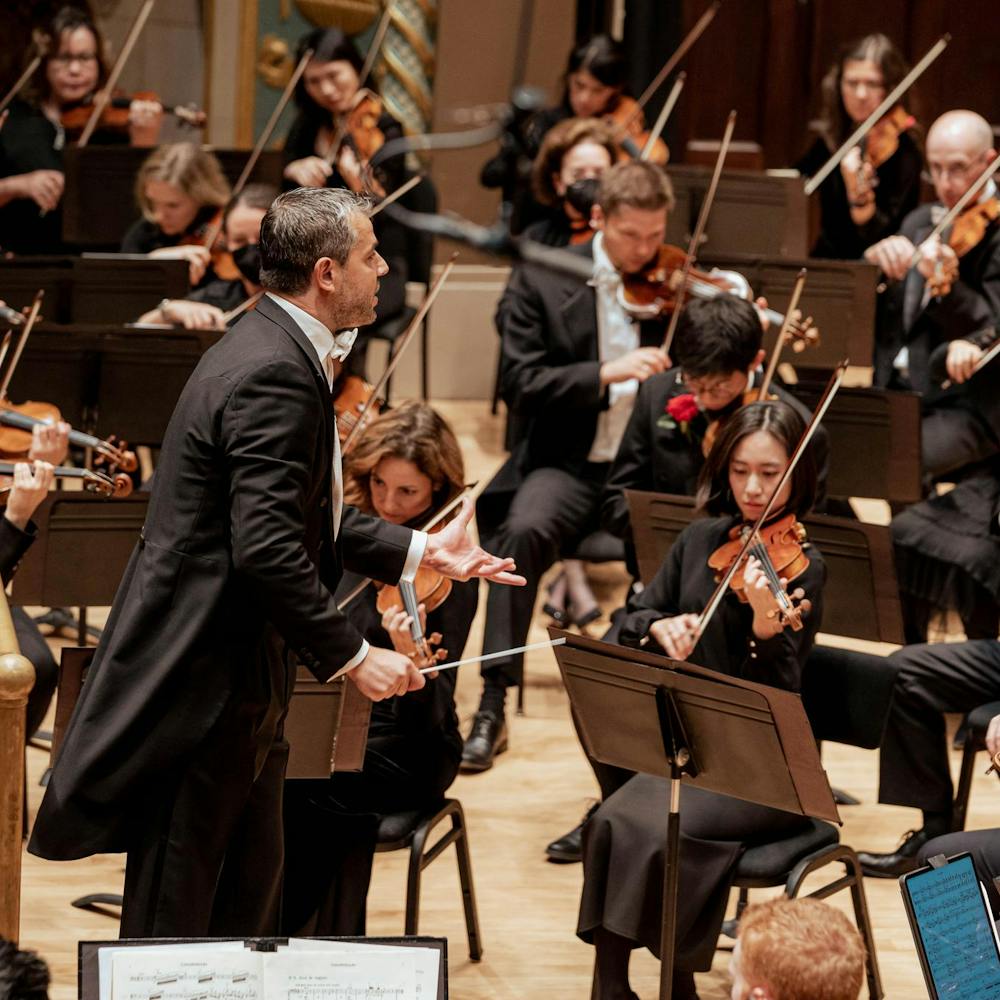When Genco Odevci received his acceptance letter to MSU, he headed to the U.S. Embassy in his native country of Turkey. Two weeks later, he had a student visa.
It was easy for him to get into the country, he said, but a change to the U.S. Department of State policy could make it harder for international students leaving the United States to get back in.
The old “automatic revalidation” policy allowed non-U.S. citizens leaving the country on an expired visa to return for up to 30 days. With the policy that began Monday, people traveling on expired visas no longer will be granted access to the United States.
But Odevci, a business graduate student, said the change does not concern him. He has until 2004 before his visa expires.
“If that date approaches I would have to take care of it,” he said. “No problems, I guess, currently.”
Although Odevci will not be affected personally by the change in policy, he said it’s important for international students to pay attention to their visa expiration dates.
“They have to take care of their deadline,” he said. “If that visa is expired, it’s going to be a problem.”
Peter Briggs, director of the Office for International Students and Scholars, said the new policy only will affect a limited number of students, but he has changed the way he advises students to renew visas.
“We have to be very careful,” he said. “We used to advise them to go to Canada or Mexico or the contiguous islands to apply.”
Renewing a visa from within the United States could take up to six months, but the wait is significantly shorter in other North American countries, Briggs said.
“(Previously) if they didn’t get their visa, the beauty of the system is that they could come back in the same status they held before,” he said.
The change in policy, although inconvenient to some, is a necessary one, Briggs said.
After the Sept. 11 terrorist attacks, the U.S. government stepped up enforcement of immigration laws.
But even with heightened security, international student applications through mid-January had increased from 1,853 for fall 2001 to 3,029 for fall 2002.
The new security policies aren’t that severe, said Michael Rubner, a James Madison College international relations professor.
“As far as I know, many countries have the same kinds of policies like our new ones,” he said. “I really don’t see that much of a drastic change for the worse.”
The Immigration and Naturalization Service, the government agency responsible for monitoring who comes in and out of the country, became the subject of criticism after student visas for two of the Sept. 11 hijackers were delivered six months after the attacks.
Immigration and Naturalization Service officials did not return phone calls Wednesday.
“The INS has had problems even before the latest snafu,” Rubner said. “When (the visas) arrived… maybe the world was surprised, but I certainly wasn’t.
“They’re going to monitor these individuals to a greater extent. Greater attention is just being paid to everybody.”


